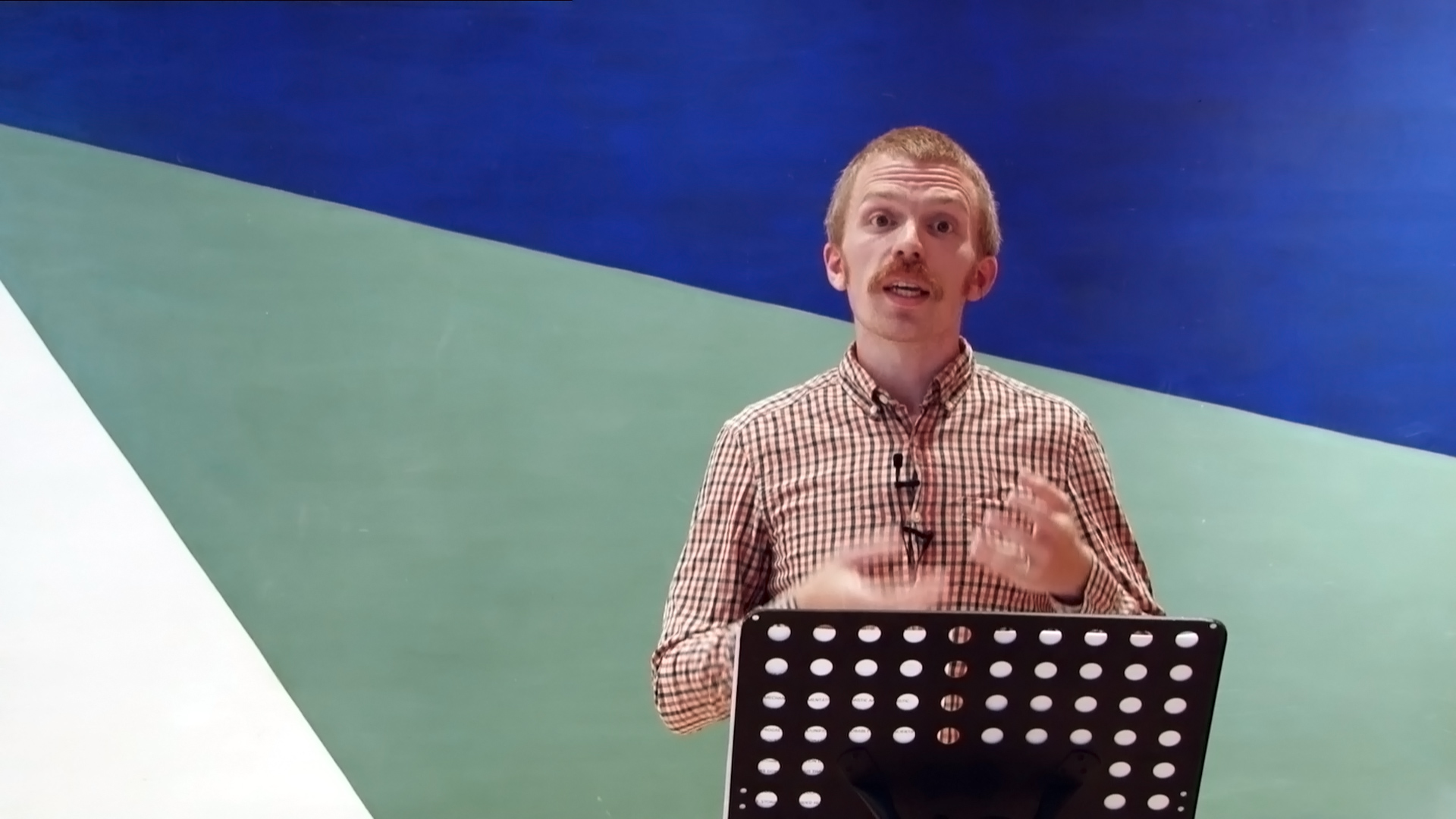"Posthuman Aesthetics" Online Course Preview 4: A Divided Humanity
This is a preview of one of the lectures from our open online course Posthuman Aesthetics.

Humanity as a species is divided in many ways. The average lifespan, physical well-being and the degree of access to life-enhancing technology can vary greatly from one country or social class to the other. However, these divisions are caused by economic factors, policies, prejudice or culture. What if humanity was to be divided in such a way that we would have to talk about different species of humans rather than a socially divided but genetically united human race? Would that just lead to the same problems we have with our current divisions, or would it open up new ways of looking at ourselves and the world around us?
In my module we will discuss how we can use fiction to think about such a posthuman future. I will argue that speculative genre fiction is one of the most well-suited "thinking machines" available to us when we try to imagine futures where "ordinary" humans are not alone in the sphere of intellligent species. Science fiction is an obvious place to start, but I will demonstrate how the interest in what we could call multi-species worlds exist almost everywhere within fantasy fiction and horror fiction as well.
Multi-species stories come in a multitude of forms, all of which frame the idea of a divided humanity in interesting ways.
In Marvel Comics’ X-Men stories, which spans dozens of different comic book series from the 1960s to today, evolution is at humanity’s doorstep: Teenagers all over the world suddenly become “mutants” with new and often powerful abilities, and their leaders talk of a new age for humanity, the dawn of homo superior. However, humanity is never really replaced. Most X-Men stories follow the mutants at the margin of society where they try to do good in the face of hatred and prosecution from the homo sapiens majority around them. For the X-Men, the new genetic division of humanity looks a lot like the social divisions with which we, as a species, are already struggling.
Fantasy stories like J.R.R. Tolkien’s The Lord of the Rings trilogy takes a somewhat more positive approach to the division of humanity. Inspired by mythology and folklore, Tolkien weaves a fictional universe where the division of humanity is part of the wonder of the world: Humans live alongside near-immortal Elves, strong but stunted dwarves, sentient tree-men and shapeshifting Beornings. In this world, we can freely imagine what would happen to scholarship if we could study for millennia, how we would see the world if we lived in a much more symbiotic relationship with nature, or how immortal beings could be fascinated with humanity’s intense and ephemeral lives. The downside to this approach is of course highlighted by comparing it to that of the X-Men: In Tolkien’s world there are also orcs, goblins and trolls, inhuman abominations who serve evil and that the heroes can kill without remorse. Might the humanity of the X-Men series not have talked about the mutants in the same way?
Is there a way to imagine a posthuman future that keeps the wonder and enchantment of Tolkien’s multispecies world and remains aware of our history of prejudice like the X-Men series? Join the discussion by participating in our course this Fall.
